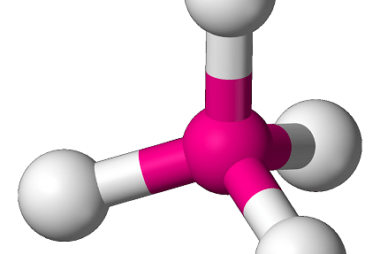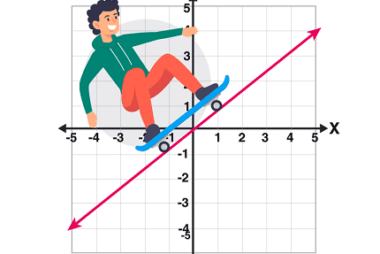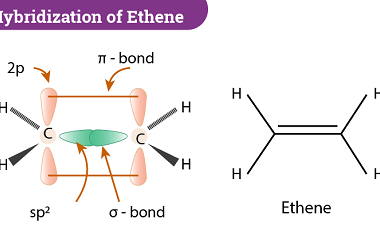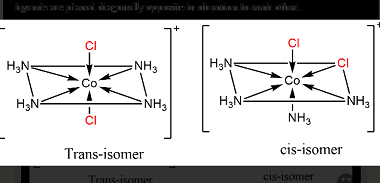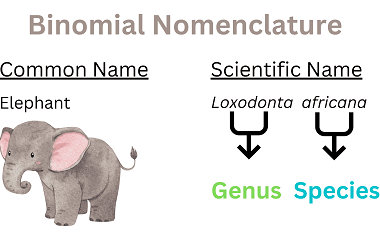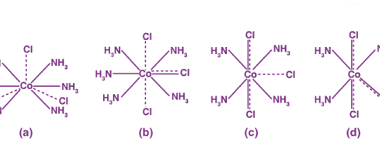Tetrahedral
The term “tetrahedral” can refer to several different concepts in mathematics and geometry, but most commonly it refers to a specific type of geometric shape. A tetrahedron is a three-dimensional shape with four triangular faces, six edges, and four vertices. The tetrahedron is the simplest of all the regular polyhedra, which are three-dimensional shapes made…
